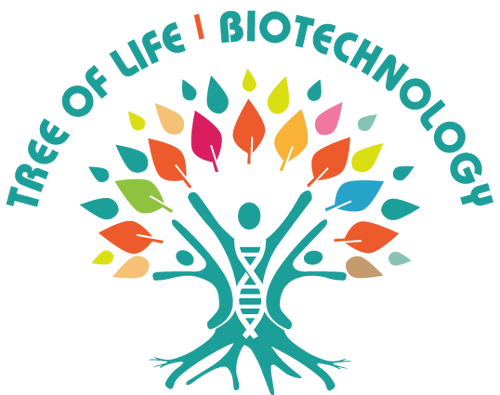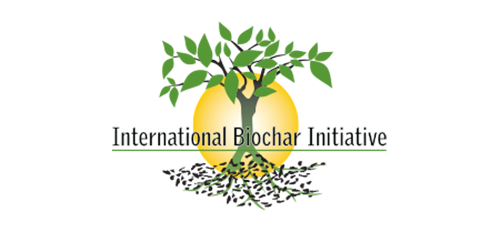Biochar alone may not provide sufficient benefits to plants and soil life, unless it is first inoculated or activated with nutrients and beneficial microorganisms prior to crop application. Please Note: BioChar may be applied directly to crops without inoculation, but it will take more time to realize all the short & long term benefits.
Inoculation of Biochar is a process of loading the Biochar with various substances that enhance its properties and functions in the soil. For food crops, inoculation of Biochar can increase crop yield, nutrient uptake, water retention, disease resistance and soil health. There are different methods of inoculating Biochar, such as composting, vermicomposting, compost tea, bacterial consortium and mycorrhizal fungi. The choice of inoculation method depends on the availability of materials, the type of Biochar, the crop and the soil conditions. Inoculation of Biochar before application to food crops is a recommended practice that can optimize the use of this valuable soil amendment.
It is highly recommended that before applying BioChar to crops it should be mixed with a good quality compost, or even better, first soaked in a specially prepared tea containing a full spectrum of plant nutrients and a cocktail of beneficial micro-organisms. This tea is prepared in large vats in which the BioChar, placed in large net bags, is dipped in to the tea mixture for a short time, and then removed and mixed with the compost. This mixture is then stored under a large tarp in the field and allowed to age for 30-60 days like a fine wine.
This process is called "BioChar Charging" or "Inoculation". Think of it like charging up a battery bank, and then discharging it over time only when needed to supply the plants requirements for water and nutrients. This will prevent the huge current waste of the majority of water and fertilizer now leaching into the soil and contaminating the ground water.
To learn more about the art and science of BioChar Inoculation, visit our partner organization K-Organics whom we cooperate & collaborate with in helping farmers/ranchers maximize and get the most out of our Premium Engineered BioChar product. We will provide each customer with a personalized BioChar Inoculation recipe most suited to the crop type and location for obtaining the best results.
The farmer would apply the BioChar or BioChar-compost in the most appropriate way for their soils and crops following the guidelines of the USDA Soil Carbon Amendment (808/336) conservation practice which also pays for farmers & Ranchers to apply Biochar to their crops and forest land. Typical applications might include: use of BioChar with nutrient sources at 400-1000 lbs per acre in pre-till or strip tillage of corn or soybeans; 400 lbs of BioChar with 1600 lbs of compost for application at 1-2 tons per acre in vineyards, orchards and row crops; or deep banding of BioChar at 1-10 tons per acre when seeding grains.
Ten dry tons applied to the top 6 inches of one acre will increase soil carbon by 1% which would increase water retention by approximately 26,000 gallons which in areas were there is drought, can mean the difference between crop success or failure, sustainable bounty, or famine.







